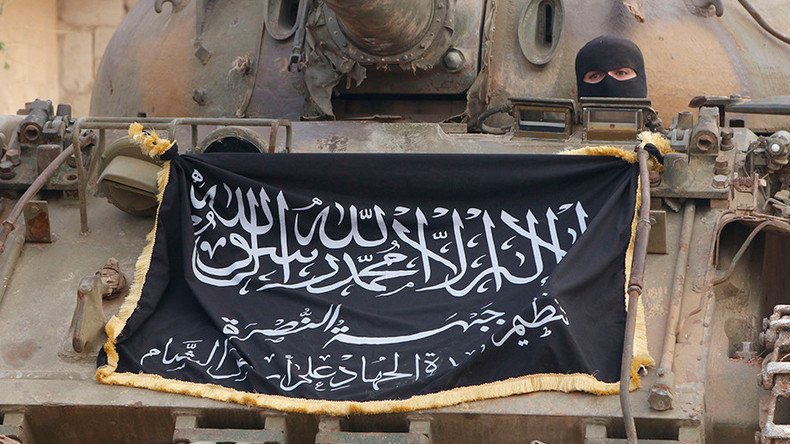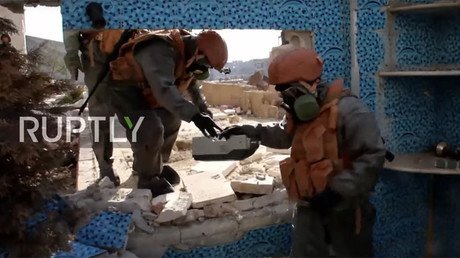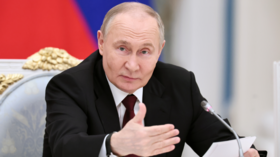ISIS likely produced mustard gas used in Syria, Iraq attacks – OPCW chief

The sulfur mustard gas that was used in terrorist attacks in Syria and Iraq might have been manufactured by Islamic State on its own, said Ahmet Uzumcu, head of the Organization for the Prohibition of Chemical Weapons (OPCW).
The OPCW experts analyzed samples of mustard gas, employed in the August 2015 attack, saying that there’s ground to believe that “this substance may have been produced by ISIS itself,” Uzumcu told AFP.
The officials stressed that the terrorist-made substance was “poor quality, but still harmful,” adding that it was an “extremely worrying” development.
“Especially, given the fact that there are several foreign fighters in those countries, who may go back to their countries of origin one day. This requires a high-degree of vigilance within our countries,” Uzumcu said.
The OPCW chief stressed that there has been “more than 20” allegations of chemical weapons use coming from both the Syrian government and the so-called “moderate” rebels since August 1.
The sides blame each other for the “use of chlorine and unidentified agents in Aleppo and in northern parts of Syria,” including Idlib, he said.
The OPCW received Syrian government’s freshest reports of chemicals weapons used by the militants on Thursday, according to Uzumcu. The organization has already started “collecting information and analyzing” the allegations in order to find out if they are “credible or not in order to deepen our investigation.”
READ MORE: Syrian rebels fire ‘shells with poison gas’ in Aleppo – state media
Uzumcu was speaking shortly after the UN Security Council prolonged the mandate of the UN and OPCW joint special panel in Syria for another year to look into the reported chemical weapon attacks in the country. During its year-long investigation, the panel ruled that that both Islamic State militants and Syrian authorities were responsible for chemical attacks.
Meanwhile, the use of chemical weapons by Jabhat Al-Nusra militants in Aleppo remains unaddressed.
READ MORE: UN report on Syria chemical attacks lacks proof & full of contradictions – Churkin
There were at least three such attacks by the terrorist group in less than a month, with experts from the Russian Radiation, Chemical and Biological Protection Forces’ research center saying that chlorine and white phosphorus were used in the attacks.












